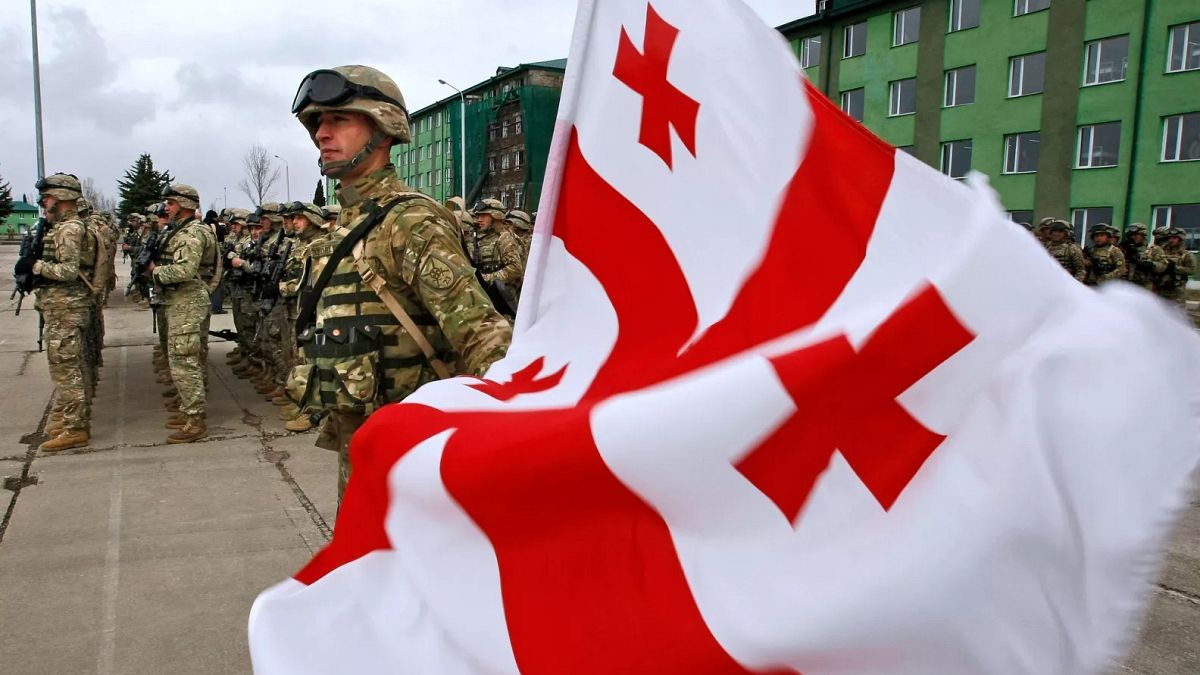

In a world of intricate international relationships, recent diplomatic developments highlight a collective pursuit of security, trade, and the sociopolitical landscape. From NATO exercises in Georgia to discussions about a potential EU-US trade agreement, global leaders are navigating complex waters with nuanced steps.
Amid concerns of shifting alliances, Georgia is hosting significant NATO military exercises that signify continued cooperation with Western powers. This event involves over 2,000 troops from countries such as Germany, Romania, Poland, Ukraine, and Moldova. In light of Georgia’s perceived tilt towards Russia, the ongoing war games underscore the nation’s commitment to its partnerships with NATO. These exercises aim to enhance military readiness and foster mutual understanding among participating nations, reflecting Georgia’s balanced approach to international relations.
In a separate development, EU Commission President Ursula von der Leyen is set to meet with U.S. President Donald Trump in Scotland to discuss transatlantic trade relations. This meeting signifies a pivotal moment, as both leaders explore the possibilities of an EU-US trade agreement. Trump has described the likelihood of reaching an agreement as a “50-50” chance, highlighting the delicate nature of these negotiations. This potential deal aims to strengthen economic ties between the two regions, enhancing cooperation and reducing trade barriers that have been points of contention in recent years.
Parallel to these discussions, the international community is witnessing renewed focus on nuclear diplomacy with Iran. Following the lack of a breakthrough in Istanbul, Iran and the E3 nations—comprising Germany, France, and the United Kingdom—have agreed to resume talks. Although no immediate solutions were reached, the E3 nations have reiterated the viability of the “snapback” mechanism should Iran fail to cooperate with the International Atomic Energy Agency (IAEA) and continue its nuclear enrichment activities. These diplomatic efforts reflect the ongoing commitment to addressing nuclear adherence while maintaining open channels for dialogue.
Meanwhile, France’s President Emmanuel Macron has taken a decisive step in announcing France’s intention to recognize Palestine at the forthcoming UN General Assembly. This bold move is aimed at fostering momentum for change in recognition of Palestinian statehood, distinguishing France’s stance from that of the United States concerning the Gaza conflict. By drawing a line in international diplomacy, Macron’s decision places pressure on other key Western powers, including the United Kingdom and Germany, to clarify their positions amidst longstanding Middle Eastern tensions.
Each of these diplomatic endeavors represents a piece of a larger puzzle in the pursuit of global stability, economic cooperation, and peaceful conflict resolution. These developments resonate with the ongoing commitment of nations to engage in constructive dialogue and collaboration, signaling a mindful approach to shared global challenges.
Source: {link}
